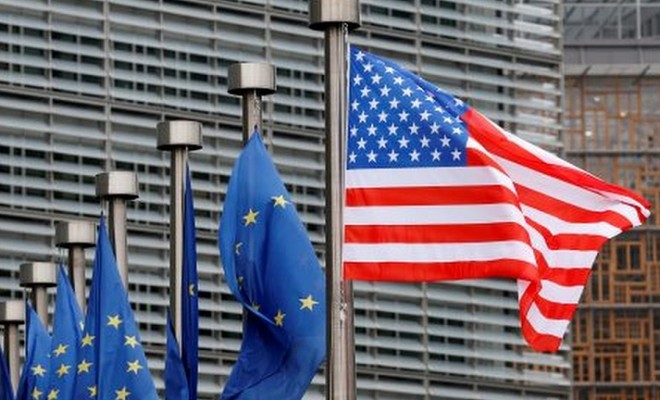
European strategic autonomy and a new transatlantic bargain
European leaders greeted Joe Biden’s victory in the US presidential election with relief and many will want to forget Trump’s presidency ever happened. One of the areas most likely to be affected by this amnesia is the question of EU ‘strategic autonomy’ in security and defence, the EU’s ability to act alone if the US is unwilling to do so. Some European leaders, such as German Defence Minister Annegret Kramp-Karrenbauer, have argued that Europeans should abandon “illusions” of strategic autonomy – since they would not be able to replace America as a security provider – and instead focus on improving Europe’s ability to act. Others, like French President Emmanuel Macron argue that Europeans cannot be sure of America’s reliability and that Biden’s victory should not distract them from advancing strategic autonomy.
This policy brief takes stock of the EU’s strategic autonomy debate, assessing the US’s role in European defence, the EU’s defence efforts over the past few years and the disagreements they have provoked with the Trump administration. It argues that the distinction between a “European path” and a “Transatlantic path” in EU defence is misguided, and the disagreement between Berlin and Paris feeds a strawman debate, with Paris playing to domestic audiences and Berlin trying to appeal to the US.
The brief argues that Europeans should not be tempted to act as if Trump’s Presidency never happened. Trump came very close to winning the election, and Trumpism in some form is likely to endure, meaning that Europeans cannot be sure of whether the next US President will be committed to their security. Moreover, deep shifts underway in US foreign policy will mean that the US is likely to be less focused on Europe in the future. For their own sake and to put the transatlantic alliance on a fairer and more solid footing, Europeans should take advantage of the fact that there is no longer an adversarial transatlantic relationship and invest both financial and political capital into strengthening their own ability and willingness to carry out military operations, whether through the EU, NATO, or other frameworks.
“Europeans do not need to choose between pursuing their security through the EU or through NATO and the alliance with the US. Instead, they need to invest in their ability to act together to secure their neighbourhood, both within the EU and through other frameworks, in order to be able to act alone if the US will not come to their aid. This will not undermine NATO; instead, a stronger Europe will be better able to look after its own security and place the transatlantic bond on a more solid footing” said Sophia Besch and Luigi Scazzieri, CER researchers and authors of the publication.
Συνέχεια ανάγνωσης εδώ
Πηγή: cer.eu




